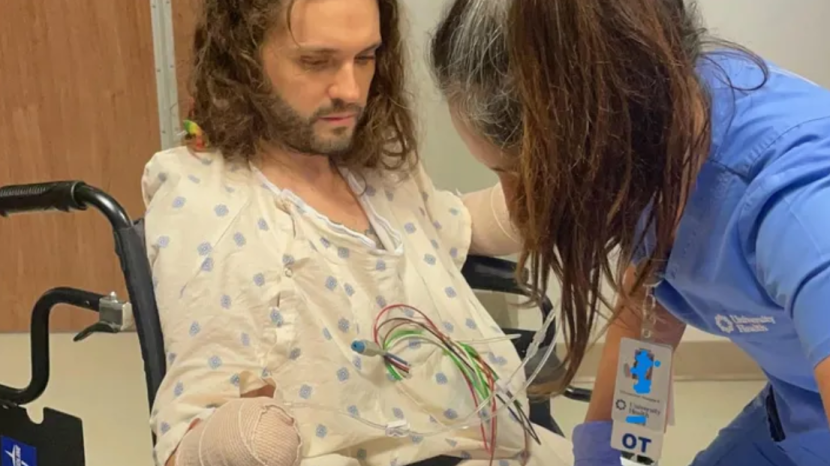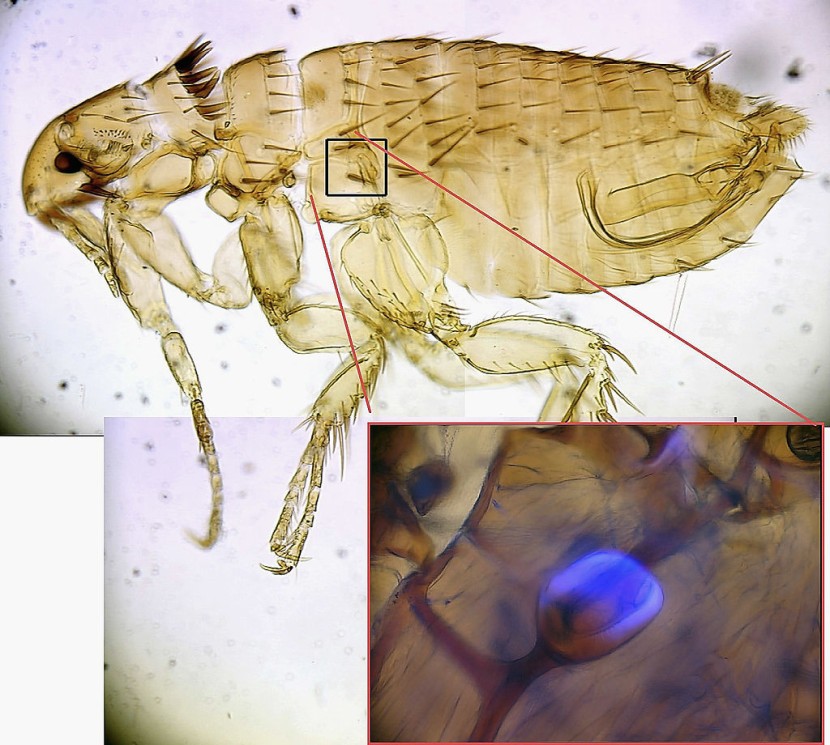Many people underestimate a flea bite. However, this can actually lead to very serious consequences.
An American man experienced this after getting a very deadly Victorian disease from a flea bite.
Flea Bite Forces American Amputate Hands, Feet Parts

LAD Bible reported that a flea bite forced an American to amputate his hands, as well as some parts of his feet after contracting Typhus from a flea bite.
Michael Kohlhof, a 35-year-old man, visited her mother in San Antonio. However, he was sent to the hospital after experiencing what he thought was the flu.
He ended up being admitted to ICU with septic shock. On June 20, the American's organs began to fail. Because of this, he was put on a ventilator.
At first, doctors asked Michael's mother, J'Lenne, to call the rest of the family to say goodbye to the man.
Luckily, Kohlhof was able to fight off the rare Victorian disease, which killed French soldiers in the old days.
But, Michael still developed dry gangrene in his feet and hands. Health experts said that the man's life can be saved if his hands (up to his forearms) and his feet are amputated.
"He was the victim of a severe traumatic bite from one single flea - with unimaginable consequences," said his mother.
If you want to help Michael and his family, you can donate to them by visiting their GoFundMe.
How Deadly is Typhus?

The Centers for Disease Control and Prevention (CDC), typhus is a rare disease responsible for millions of deaths over the past centuries.
As of writing, there's no vaccine to prevent this epidemic disease. This is why avoiding it is the best thing people can do.
CDC provided some tips on how to avoid contracting the deadly typhus:
- Take a bath every day as much as possible.
- Avoid sharing bedding, towels, and clothes with people infested by body lice or infected with typhus.
- Avoid making physical contact with animals infested with fleas or lice.
If ever you get bitten by a flea or body lice, here are the symptoms you need to check two weeks after contact:
- Rash
- Cough
- Nausea
- Vomiting
- Confusion
- Muscle and body aches
- Rapid breathing
- Headache
- Fever and chills
If you want to learn more about the severity of typhus, you can click this link.
© 2025 HNGN, All rights reserved. Do not reproduce without permission.








